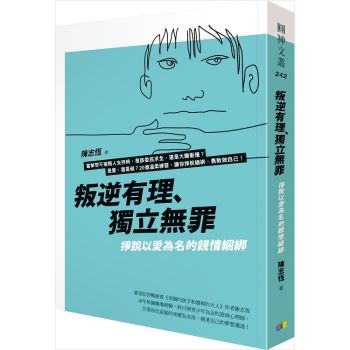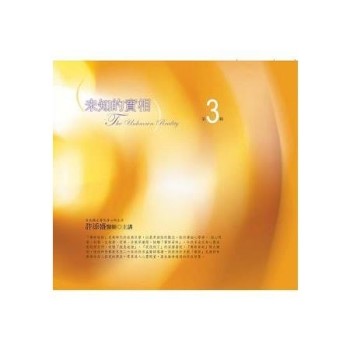After the Great Financial Crisis, economic theory was fiercely criticized from both outside and inside the discipline for being incapable of explaining a crisis of such magnitude. Slowly but persistently, new strands of economic thought are developing, to replace the old-fashioned neoclassical economic theory, which have a common characteristic: they are better suited to help understand the real-world economy. This book explores the key tenets and applications of these. This book opens with an explanation of the "real world" approach to economics in which theoretical models resemble real-world situations, realistic assumptions are made, and factors such as uncertainty, coordination problems, and bounded rationality are incorporated. Additionally, this book explores the ramifications of considering the economy as both a dynamic system - with a past, present, and future - and a complex one. These theoretical precepts of the real-world economy are then applied to some of the most pressing economic issues facing the world today including ecological sustainability, the rise of corporate power, the growing dominance of the financial world, and rising unemployment, poverty, and inequality. In each case, this book reveals the insights of the shortcomings of the neoclassical approach which fails to illuminate the complexities behind each issue. It is demonstrated that, by contrast, adopting an approach grounded in the real world has the power to produce policy proposals to help tackle these problems. This book is essential reading for anyone seeking a deeper understanding of the economy, including readers from economics and across the social sciences.
| FindBook |
|
有 1 項符合
economic theory for the real world的圖書 |
 |
$ 7425 | Economic Theory for the Real World
作者:Beker 出版社:Routledge 出版日期:2023-11-03 語言:英文 規格:精裝 / 144頁 / 普通級/ 初版  看圖書介紹 看圖書介紹
|
|
|
內容簡介
作者簡介
Victor A. Beker is Professor of Economics at the University of Belgrano and the University of Buenos Aires, both in Argentina. He has several prizes for his works in Economics and is former Associate Editor of the Journal of Economic Behavior and Organization. He has authored several Economics books and papers. He is co-author of Modern Financial Crises, Springer (2015) and co-editor of The European Crisis, (2016). He has edited Alternative Approaches to Economic Theory (2019), Routledge and authored two of its chapters. He also authored Preventing the Next Financial Crisis (2021), Routledge, and Economics, Social Science and Pluralism: a Real World Approach (2022), Routledge; Contributor to Research in the History of Economics Thought and Methodology Including a Symposium on the Work of William J. Baumol: eterodox Inspirations and Neoclassical Models (2022).
|









